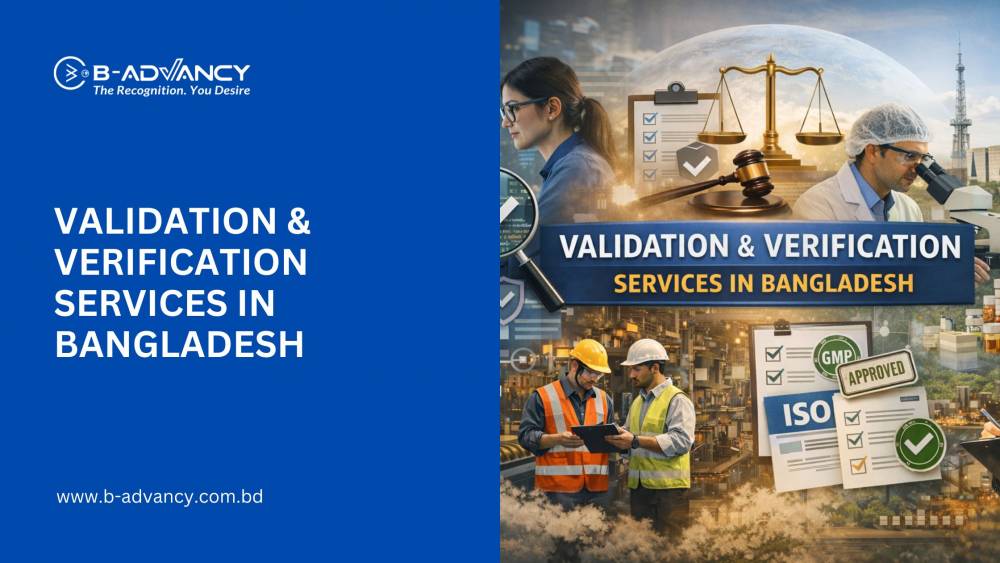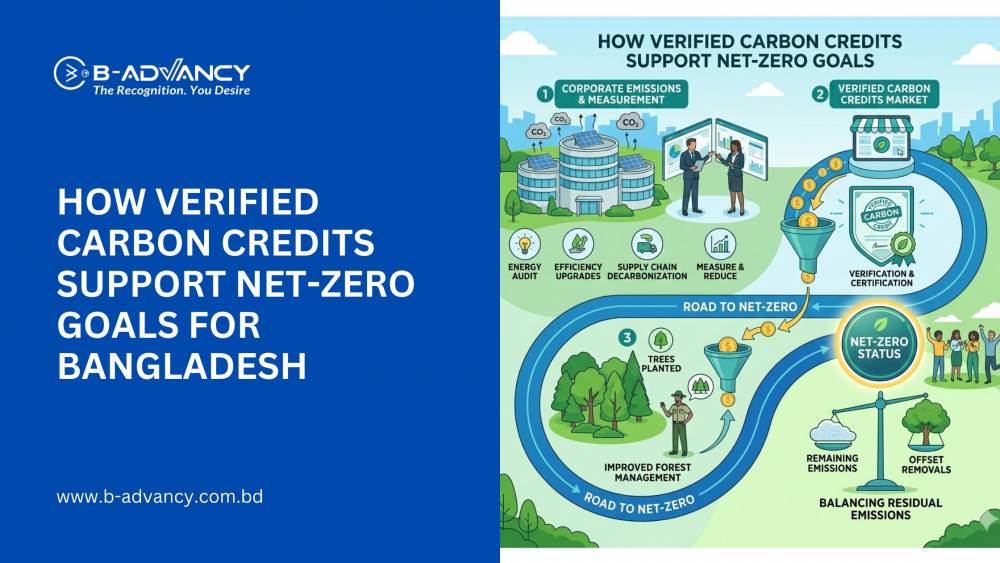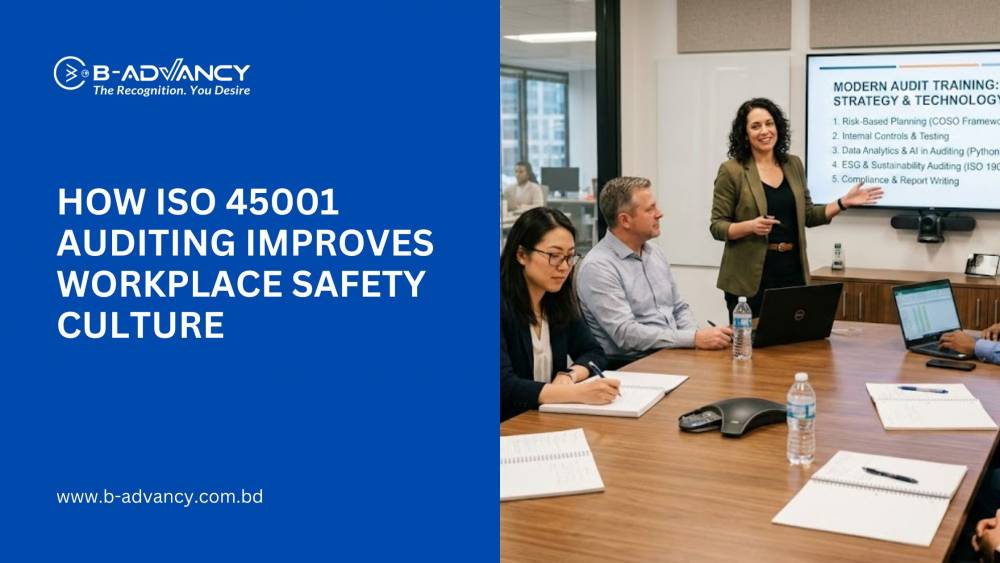In Bangladesh's booming construction industry, standing out from the crowd is crucial. While skilled labor and competitive pricing are important, demonstrating commitment to quality, safety, and sustainability can truly elevate your company. Thankfully, the International Organization for Standardization (ISO) offers a range of certifications that can empower your Bangladeshi construction firm to rise above the competition. But with so many options, choosing the right one can seem daunting. This blog delves into the most relevant ISO certifications for Bangladeshi construction companies, helping you find the perfect fit for your unique goals and aspirations.
Understanding ISO Certifications:
Before diving into specifics, let's clarify what ISO certifications are. ISO provides internationally recognized standards for various management systems. Achieving certification involves implementing these standards and undergoing an audit by an accredited certification body. Earning the coveted ISO logo demonstrates your commitment to excellence in specific areas, boosting your credibility and competitive edge.
Key Considerations for Choosing an ISO Certification:
While several ISO certifications can benefit construction companies, choosing the most impactful one requires careful consideration. Here are some key factors to ponder:
-
Company size and operations: Smaller firms might prioritize streamlined standards, while larger ones might opt for more comprehensive options.
-
Target market and client expectations: Certain certifications hold international recognition, catering to global clients, while others cater to specific needs within Bangladesh.
-
Focus areas: Identify your primary concerns, whether it's quality management, environmental impact, occupational health and safety, or information security.
Top ISO Certifications for Bangladeshi Construction Firms:
1. ISO 9001: Quality Management System (QMS):
This globally recognized standard is a must-have for any construction company seeking to build a robust quality management system. It promotes consistent quality in products, services, and processes, enhancing customer satisfaction and reducing errors. For Bangladesh's growing market, it demonstrates professionalism and commitment to quality, aligning with government initiatives like Vision 2041.
2. ISO 45001: Occupational Health and Safety Management System (OHSMS):
The construction industry presents inherent safety risks. Implementing ISO 45001 demonstrates your commitment to creating a safe working environment for employees, subcontractors, and the public. This not only reduces accidents and associated costs but also attracts talent and fosters positive brand image.
3. ISO 14001: Environmental Management System (EMS):
Sustainability is increasingly crucial in construction. ISO 14001 helps companies minimize environmental impact by optimizing resource use, reducing waste, and managing pollution. This resonates with Bangladesh's focus on sustainable development and can attract environmentally conscious clients seeking eco-friendly projects.
4. ISO 50001: Energy Management System (EnMS):
The construction sector consumes significant energy. Implementing ISO 50001 helps companies identify and address energy inefficiencies, leading to cost savings and a reduced carbon footprint. This aligns with Bangladesh's goal of increasing energy efficiency to achieve sustainable development.
5. ISO 37001: Anti-Bribery Management System (ABMS):
The construction industry is vulnerable to corruption. Implementing ISO 37001 demonstrates your commitment to ethical business practices and transparency. This enhances trust with clients, investors, and the government, fostering a positive reputation.
Additional Certifications to Consider:
-
ISO 27001: Information Security Management System (ISMS): Protects sensitive information like client data and project plans.
-
ISO 22000: Food Safety Management System (FSMS): Relevant for companies involved in construction of food processing facilities.
Implementing an ISO Certification:
The journey to ISO certification involves several steps:
-
Selecting the right standard: Consider your needs and resources.
-
Gap analysis: Identify areas where your existing practices need improvement.
-
Implementing the chosen standard: Train employees, document procedures, and create a management system.
-
Internal audit: Assess your own compliance before the external audit.
-
Certification audit: An independent body assesses your compliance with the standard.
Benefits of Achieving ISO Certification:
-
Enhanced credibility and reputation: Demonstrates commitment to quality, safety, and sustainability, attracting clients and investors.
-
Improved operational efficiency: Standardized processes reduce errors, waste, and rework, leading to cost savings.
-
Increased employee engagement: Focus on safety and continuous improvement boosts morale and reduces turnover.
-
Competitive advantage: Stands out in a crowded market, especially when targeting international clients or government projects.
Conclusion:
Choosing the right ISO certification can be a game-changer for your Bangladeshi construction company. By carefully considering your company's goals and market, you can select a standard that propels you towards increased competitiveness, operational efficiency, and brand recognition. Remember, the journey to certification requires.





































































































































































































